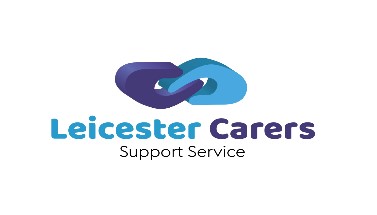
Children and Young People’s Mental Health Services
LLR ICB has commissioned DHU Healthcare to provide a new self-referral website to support the mental health of children and young people living in Leicester, Leicestershire, and Rutland.
The website is now live at https://www.myselfreferral-llr.nhs.uk and is aimed at children and young people under the age of 18, their parents or carers looking for mental health information, support and the ability to complete a self-referral.
About the service
DHU Healthcare's Children and Young People's Mental Health team, consisting of mental health clinicians and support staff, developed the website in collaboration with young people and NHS partners. 'My Self-Referral' is a new, simple and confidential way for young people to refer themselves for support for non-urgent or crisis cases without needing to see a GP or healthcare professional.
The website is user-friendly and accessible, with information, tips and signposting to resources that help children and young people manage and take care of their mental health. It begins by explaining more about mental health, with 16...




